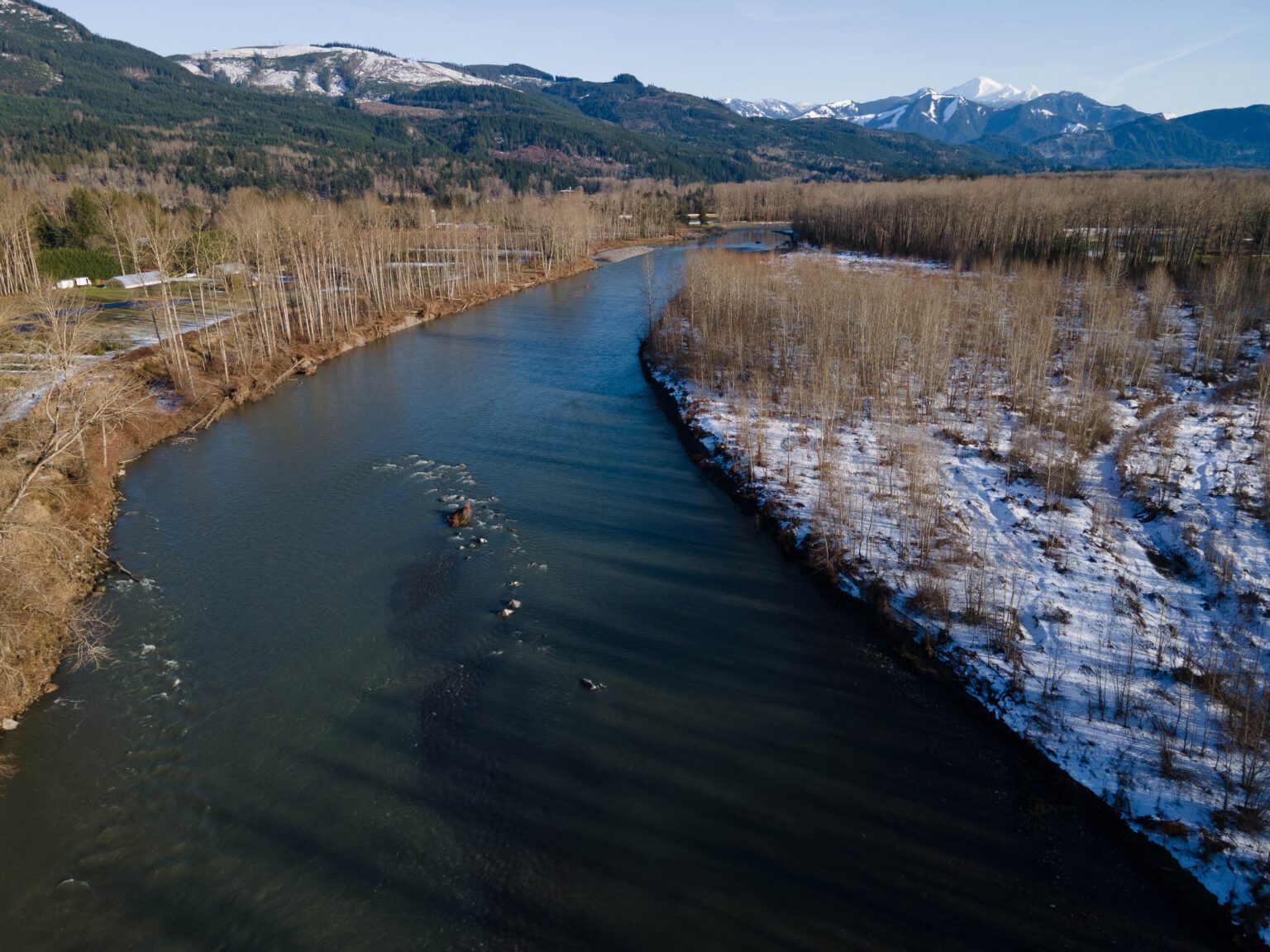Mayors of small towns and cities across Whatcom County shared a letter Wednesday advocating for more state focus on short-term water management in the wake of extreme floods and drought throughout 2021. The letter, sent to directors at several state agencies including the Department Ecology, the Department of Natural Resources (DNR), the Department of Agriculture (WSDA) and the Department of Fish and Wildlife, was signed by representatives from Blaine, Everson, Ferndale, Lynden, Nooksack and


Try us out
Enjoy 24 hours of unlimited digital access to CascadiaDaily.com for just $1!
Unlock the paywall



